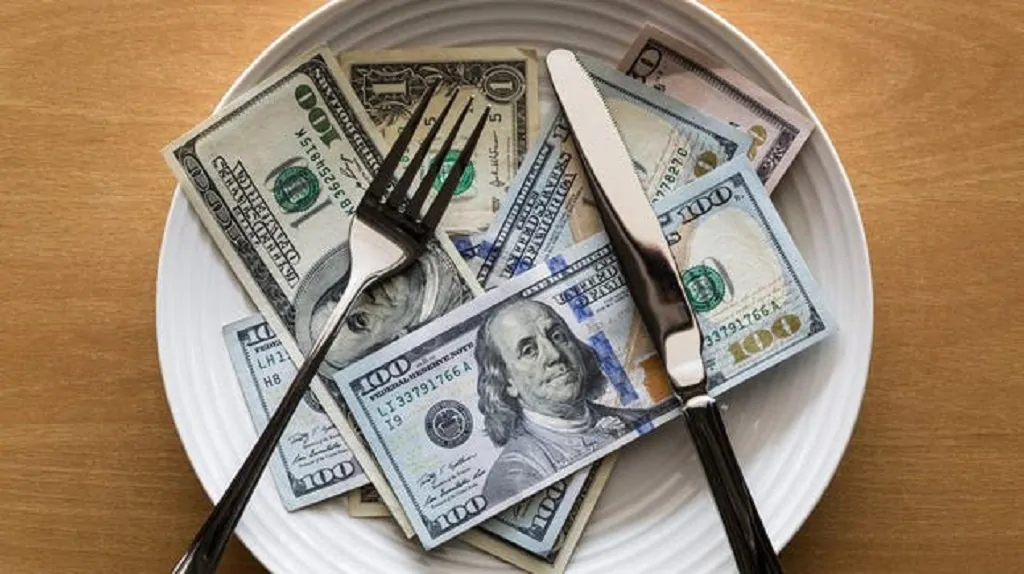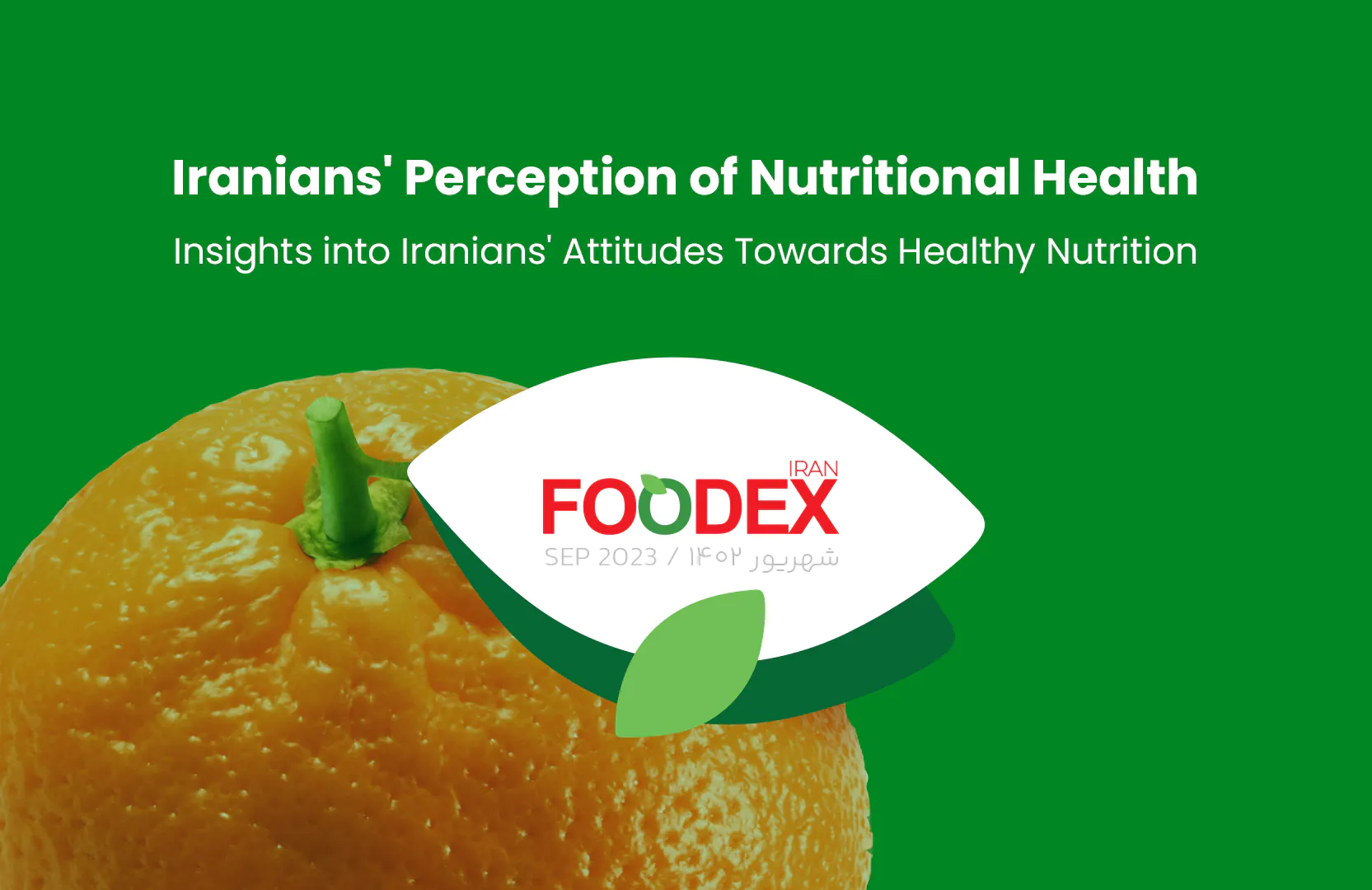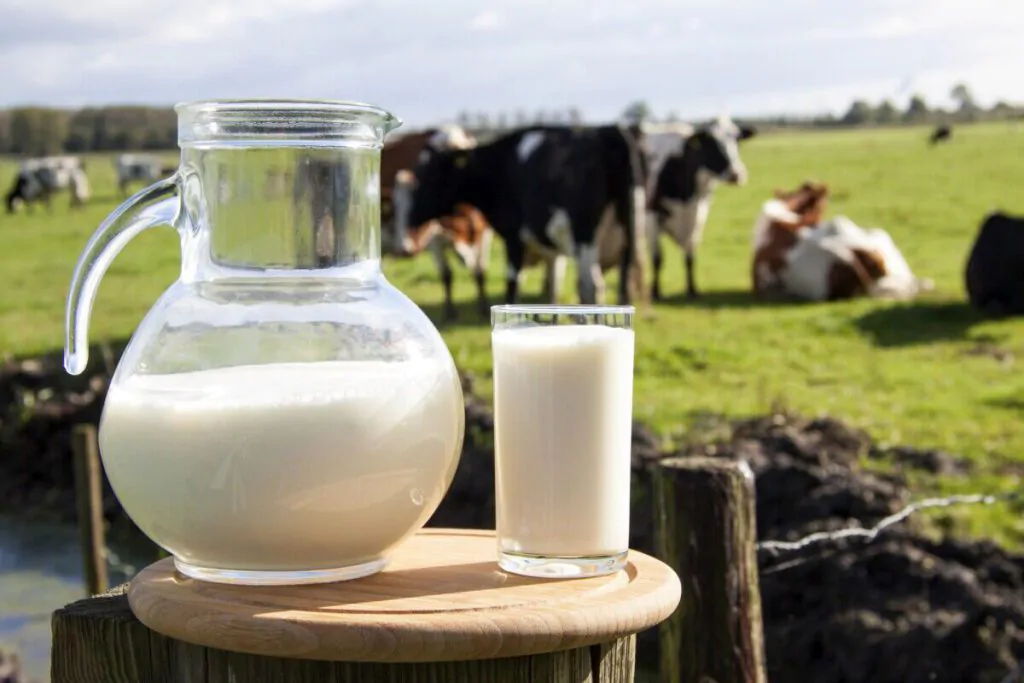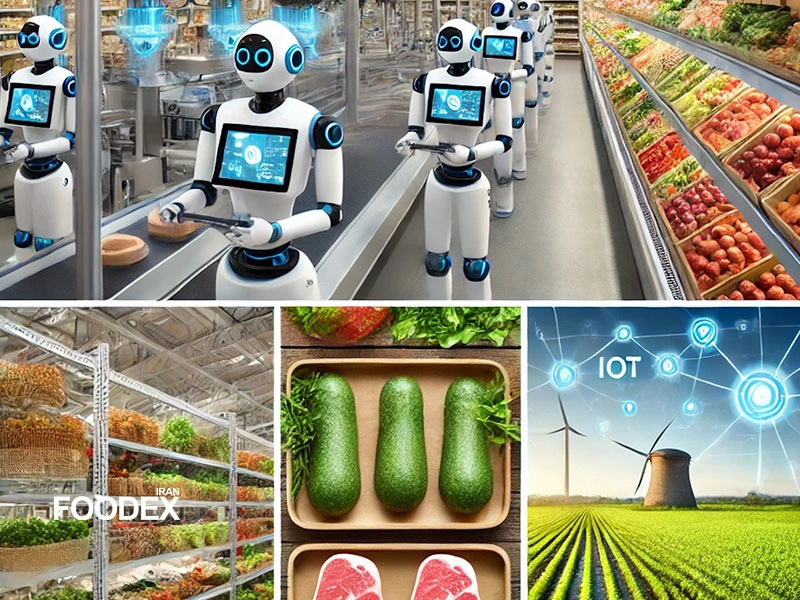Companies in the energy, food, and drug sectors have posted record profits, even as wages have barely risen and workers grapple with some of the highest prices in decades.
In Foodex magazine, you read that the world has experienced an increase in food billionaires in the past few years.
Billionaires Profiting from the Cost of living crisis
The food barons are the billionaires profiting from the Cost of living crisis. These companies have established themselves over decades and control a large volume of this sector. But the corona epidemic and the Cost of living crisis have greatly increased communication and number.
Some companies benefit from skyrocketing prices and make huge profits, while many are forced to cut costs or starve. Like the energy sector, food companies have cashed in on the cost-of-living crisis that followed the tough times of the Covid-19 pandemic; Companies like Shell and Exxon are well-known names.
Nick Dearden, director of the NGO Global Justice, told Euronews: “It’s surprising because I think they’re taking the same approach as the fossil fuel companies. There are a bunch of corporations that are getting more and more powerful every day, they have more control over different aspects of the food system and they are pocketing huge profits. These companies are making an absolute fortune during the Cost of living crisis, when many people are struggling to pay for heating and food, and they are doing so like energy companies. They have a monopoly on something very basic that we all need.”
Increasing global malnutrition
“Malnutrition is on the rise,” Dearden said. While the global food supply continues to rise and there is more than enough food to feed everyone, many people go hungry. “There is a rotten way of thinking at the heart of the system that allows people to go starving, malnourished, and starve at worst when we have enough food in the world.”
In this regard, the researchers Hope Shand (ETC Hope Shand), Kathy Jo Wetter, and Kavya Chowdhry called the biggest players in the food and agriculture industries “food barons”. This title refers to the strength of these companies in the food industry.
Increase the wealth of 62 new billionaires
According to a recent report by Oxfam (one of the largest international aid organizations to eradicate poverty, hunger, and injustice, consisting of 15 organizations in 98 countries) entitled “Profiting from pain”, food billionaires have seen their collective wealth grow by 45% over the past two years. A total of 328 billion pounds have been added to their profits. In the same years, 62 new billionaires were created as companies built profits by capitalizing on the Covid pandemic and the growing crisis, which forced many to cut living costs. These people have to choose between eating or heating their homes.
Like energy companies, food billionaires have increased their wealth by $1 billion every two days between 2020 and 2022. This profit increase has been fueled by the trillions of dollars that national governments have injected into their economies to prevent them from collapsing. This process has resulted in unwanted side effects, such as increasing the price of key assets like food.
Dearden said, “Looking at the numbers, you realize that the number of companies that controlled the wheat industry decades ago, and they were few, were not as small as they are today. These companies are integrating with other parts of the food system, allowing them to lock down their controls. So, for example, if you have a large stake in the pesticide industry, the chemical industry and the seed industry, that’s a big synergy because you can make sure your seeds work with your fertilizers.”
“Amid the pandemic, these food barons made the most of the converging crises to tighten their control over every link in the industrial food chain,” the researchers say. They undermined the rights of peasants, smallholders, fishermen, and herders to produce food for their communities and many others.”
The last word
The simple fact is that the world has a grossly inefficient food system. The reason is not that not enough food is produced. The world produces more food than ever, enough to keep up with the growing population. It is better to think more about what food security is.
What field does Hope Shand operate in?
Hope Shand has written a lot about agricultural biodiversity and the social and economic fields.
In what field does Katie Jover do her work?
Kathy Jover is a researcher at the Erosion, Technology, and Concentration Action Group (ETC Group).
What field is Kavya Chowdhry a researcher in?
Kavya is from India and works as a researcher with the ATC group. He studied development and environmental governance.






















